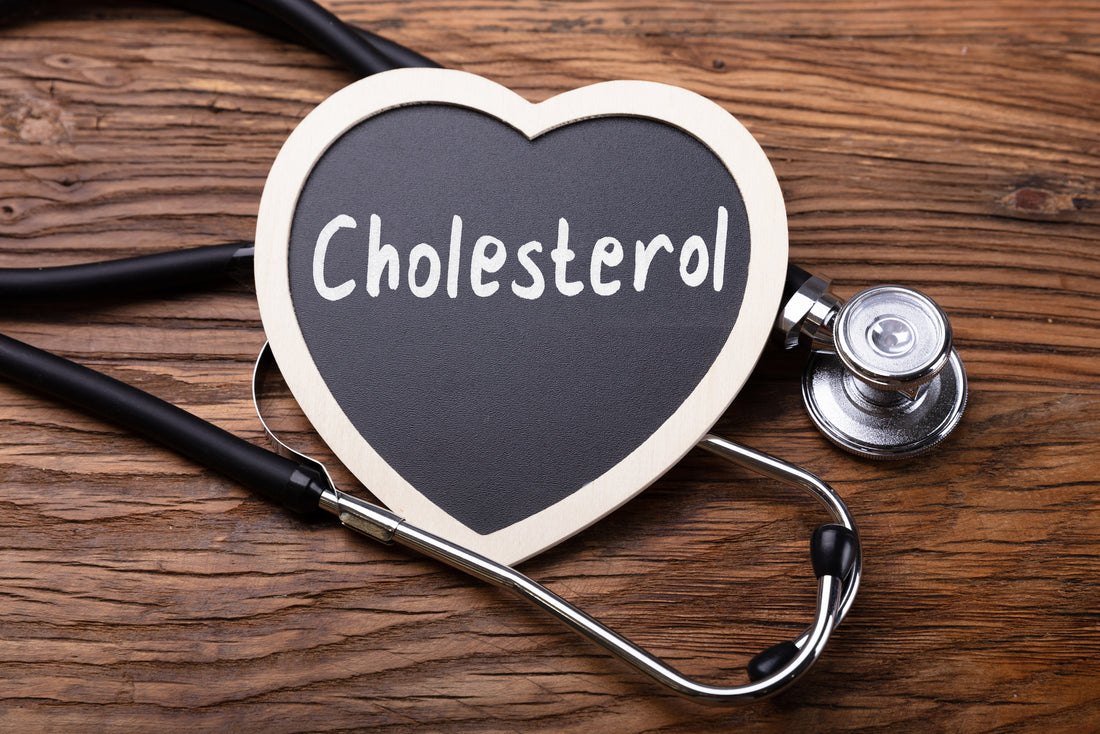While it’s most commonly known for its amazing weight loss potential, the Keto diet comes with a slew of other health benefits. People at risk for heart disease praise Keto for its ability to lower bad cholesterol, cut back on plaque and increase blood flow to the heart. Even if you’re not at risk, Keto can help you maintain a healthy heart. Let’s take a look at cholesterol and how Keto keeps it under control.
What is Cholesterol, Exactly?
Cholesterol naturally occurs in every cell throughout your body. Though it often gets a bad rap, it plays a crucial role in digestion, as well as aiding in the production of vitamin D and hormones.
Cholesterol becomes a health concern when too much circulates in the bloodstream. It can form plaque on the artery walls and narrow blood passageways. This increases the risk of coronary artery disease. It’s why doctors commonly warn of high cholesterol levels—especially as we get older.
A Tale of Two Types: HDL vs. LDL
“Cholesterol” is actually a blanket term. There are two major types of cholesterol.
High-density lipoprotein (HDL) is a compound that contains both fat and protein. HDL is often called “good” cholesterol because the compound transports cholesterol to the liver for proper removal. High levels of HDL cholesterol reduce your risk of heart attack and stroke.
On the other hand, low-density lipoprotein (LDL) is usually referred to as “bad” cholesterol. When excessive LDL circulates in the bloodstream, it combines with other substances to create plaque inside the arteries. Plaque obstructs blood flow to and from the heart, resulting in a high risk of heart attack.
Keto Affects Both Cholesterol Levels
Simply put, Keto raises the good and lowers the bad.
High-fat diets like Keto have been known to increase HDL cholesterol in the bloodstream. This improves the lipoproteins’ ability to eliminate excess cholesterol from the body. As a result, people who’ve practiced the Keto diet for a while have a much lower risk of heart disease.
Keto simultaneously decreases your LDL cholesterol levels. The diet reduces the number of LDL particles in the bloodstream. Fewer LDL particles means less plaque, improving blood flow to the heart. It also enlarges LDL particles, which tend to have a lower risk of heart disease than smaller ones.
Triglyceride Levels Benefit From Keto, Too!
Although it may sound counterintuitive, a high-fat diet reduces the amount of fat that clogs up your bloodstream. Triglyceride is one such fat molecule that’s most commonly found in the arteries. The Keto diet is directly linked to reduced levels of triglyceride. Low triglyceride levels that appear after a night of fasting are associated with a lower risk of heart disease.
Keto is Good for Your Heart
Keto is one of the most heart-healthy diets out there. Speak with your doctor about transitioning to a Ketogenic diet if you’re predisposed to heart disease, heart attack or stroke. Adding more fat to your diet might sound bad for you, but Keto has consistently beaten low-fat diets at weight loss, reduced LDL cholesterol and overall heart health. Be kind to your heart and switch to Keto!
Reserve your spot for our next Keto Challenge!
